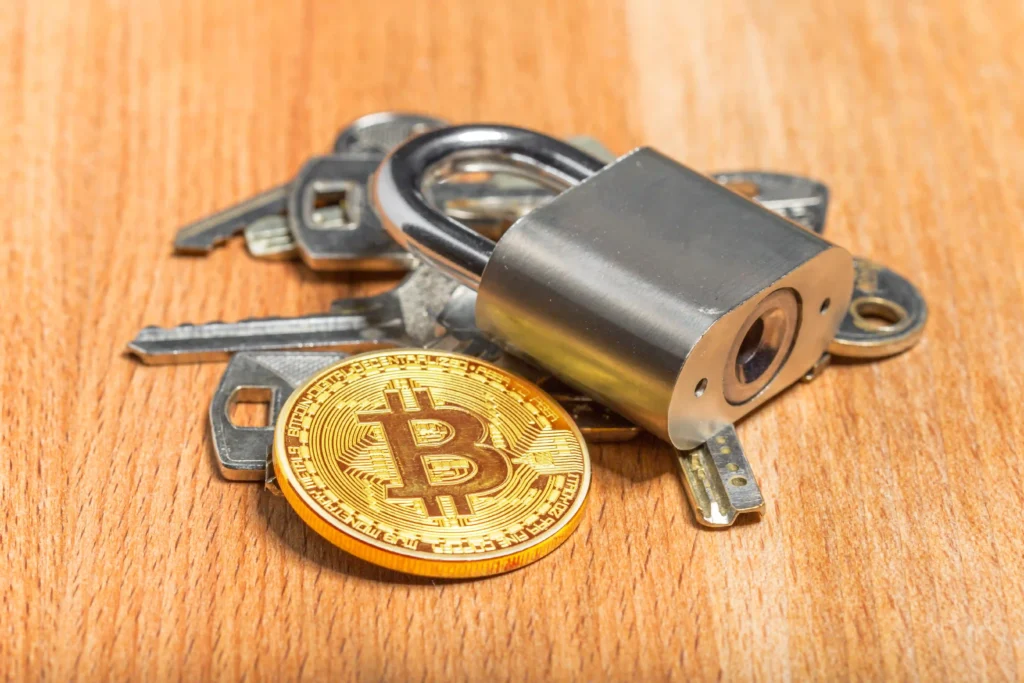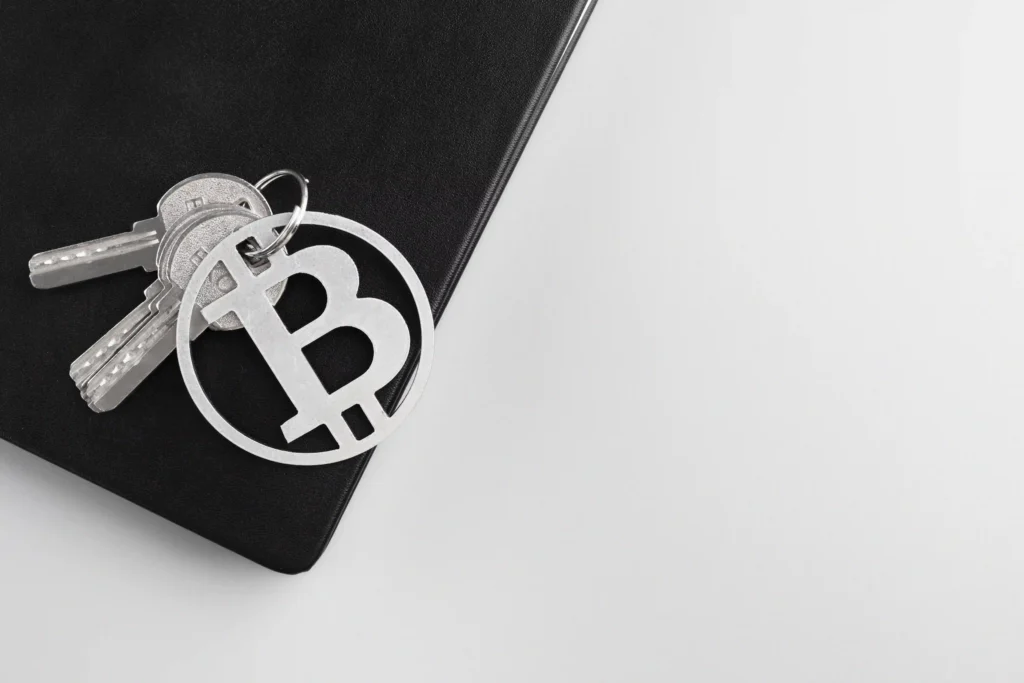Secure Crypto Wallets to Keep Your Private Keys Safe
If you want to shield your private keys and keep your crypto safe, choosing a secure crypto wallet—especially a hardware wallet or cold wallet—and properly managing its seed phrase, wallet backup, and security practices is essential.
Why a Secure Crypto Wallet Matters
In the world of digital assets, safeguarding your private keys is critical. A secure crypto wallet protects access to your funds. Therefore, understanding wallet types—like cold wallet, hot wallet, mobile wallet, hardware wallet, or decentralized wallet—becomes vital. Since Global Crypto Sports focuses on timely insights, this guide builds trust by offering actionable, clear advice.
This guide equips you to:
- Choose the best crypto wallet 2025.
- Understand crypto wallet security fundamentals.
- Manage your seed phrase and wallet backup wisely.
- Pick between a cold wallet and a hot wallet based on your needs.
So let’s begin your journey toward solid security.

What Is a Secure Crypto Wallet?
A secure crypto wallet is a tool that stores your private keys safely. It ensures that only you can access your funds. Types vary widely:
- Hot wallet: Online, easy to use, but more vulnerable.
- Cold wallet: Offline, highly secure, suited for long‑term holding.
- Hardware wallet: A physical device, combining cold storage and ease.
- Mobile wallet: Convenient on the go, but exposure grows with internet access.
- Decentralized wallet: You retain full control of keys, boosting autonomy and privacy.
Ultimately, security comes from both the wallet and your habits.
Types of Crypto Wallets: Overview & Security Levels
Hot Wallet
- Always connected to the internet.
- Great for daily crypto trading or quick transfers.
- Security tip: Use strong passwords and two‑factor authentication.
- But these remain riskier due to online exposure.
Cold Wallet
- Never connects to the internet.
- Perfect for holdings you don’t trade often.
- Safe from most hacking and malware threats.
Hardware Wallet
- A portable device storing keys offline.
- Supports cold wallet security with better convenience.
- Think Ledger or Trezor.
- Ideal for people with substantial holdings.
Mobile Wallet
- Apps on smartphones.
- Easy to send and receive crypto.
- Still, phones can get lost or infected.
- Always back up your seed phrase.
Decentralized Wallet
- Built using blockchain networks.
- You alone control private keys.
- It encourages privacy and self‑custody.
- Yet, if you lose keys, you lose funds forever.
Choosing the Best Crypto Wallet 2025
As we approach 2025, choose a wallet that balances security, usability, and support. Here’s what to look for:
- Security features: Encryption, PIN protection, passphrase options.
- Reputation: Well‑known providers like Ledger, Trezor, or MetaMask.
- Backup and recovery: Reliable wallet backup and seed phrase mechanisms.
- User experience: Smooth interface, consistent updates.
- Multi‑coin support: Works with many cryptocurrencies.
- Price: Affordable yet safe options.
Given these, Ledger Nano X, Trezor Model T, and mobile wallets with hardware‑level encryption fare well.
Step‑by‑Step: Setting Up a Secure Wallet
- Buy from the official store: Prevent tampering.
- Initialize safely: Do so offline when possible.
- Record your seed phrase: On paper, never online.
- Create a strong PIN or passphrase.
- Test recovery: Confirm your wallet backup works.
- Install updates: Maintain crypto wallet security through patches.
- Use a decentralized wallet for additional privacy.
6. Essential Practices for Crypto Wallet Security
- Never share your seed phrase. Always treat it like gold.
- Use a passphrase on top of your seed phrase for extra protection.
- Back up your wallet in multiple secure places.
- Store backups offline in waterproof, fireproof safes.
- Regularly update your wallet’s firmware and software.
- Avoid public Wi‑Fi when transacting—prefer trusted networks.
- Consider using a cold wallet for long‑term storage.
- Use multisig wallets for shared or business accounts.
7. Wallet Security Best Practices
Here’s where best practices shine—like visiting iconic destinations. Think of each as a stop on your crypto security tour:
Like the Swiss Alps (Cold Storage)
Unreachable, serene, impregnable. A cold wallet works similarly: isolated, strong, and beautiful in its simplicity.
Like a Skyscraper Safe (Hardware Wallet)
Supremely built to guard. Hardware wallets offer layers of defense with their PIN, secure element, and firmware.
Like a Personal Vault (Seed Phrase & Backup)
Only you control the keys. Safeguard your seed phrase and wallet backup like a safe in your home vault.
Like a Reliable Guide (Global Crypto Sports Branding)
We provide clear, trusted directions. Just as your guidebook does, Global Crypto Sports offers trustworthy advice for crypto fans.
Transition Words Everywhere, Naturally
Indeed, using transition words helps flow. For instance:
- Firstly, pick a wallet wisely.
- Then, set it up offline.
- Next, record your seed phrase.
- Afterwards, test recovery.
- Finally, secure backups and updates.
This method ensures clarity, usability, and engagement.

Myths & Misconceptions About Secure Crypto Wallets
Myth 1: “Any wallet works fine.”
Not true. Security varies. A hot wallet risks hacks; a cold wallet locks keys offline.
Myth 2: “Seed phrase is optional.”
False. Your seed phrase is your only way to recover lost funds.
Myth 3: “Hardware wallets aren’t necessary.”
Wrong. For significant holdings, a hardware wallet is best.
Myth 4: “Mobile wallets are unsafe.”
They can be safe—if secured with PINs and regular backups.
FAQs About Secure Crypto Wallets
Q1: What’s the safest wallet for large holdings?
A: A hardware wallet like Ledger or Trezor, kept offline.
Q2: How many words are in a secure seed phrase?
A: Usually 12 or 24 words. Never digital—write on paper.
Q3: Is a mobile wallet safe?
A: Yes, if you secure it properly and back it up.
Q4: What happens if I lose my seed phrase?
A: You cannot recover your funds. It’s that critical.
Q5: Are decentralized wallets more secure?
A: They improve privacy and control—but demand better personal responsibility.
Q6: Should I use a hot wallet for trading?
A: Yes—but only with limited amounts and strong security measures.
Why Global Crypto Sports Recommends These Steps
At Global Crypto Sports, we pride ourselves on trustworthy, current crypto intelligence. Through this guide, we blend our global reach with expert‑tested security practices. Plus, we update our guidance as technology evolves—so even the best crypto wallet 2025 insights stay timely.
Final Thoughts: Secure Crypto Wallet & You
To wrap it up:
- A secure crypto wallet guards your private keys.
- Choose between a cold wallet, a hot wallet, a hardware wallet, a mobile wallet, or a decentralized wallet.
- For high security, go with a hardware or cold solution.
- Handle your seed phrase and wallet backup with utmost care.
- Stay vigilant: secure PINs, updates, and smart habits matter.
By following this human‑friendly guide, you secure your crypto like a pro. You’ll benefit from Global Crypto Sports’ expert direction, backed by real tips and trust.